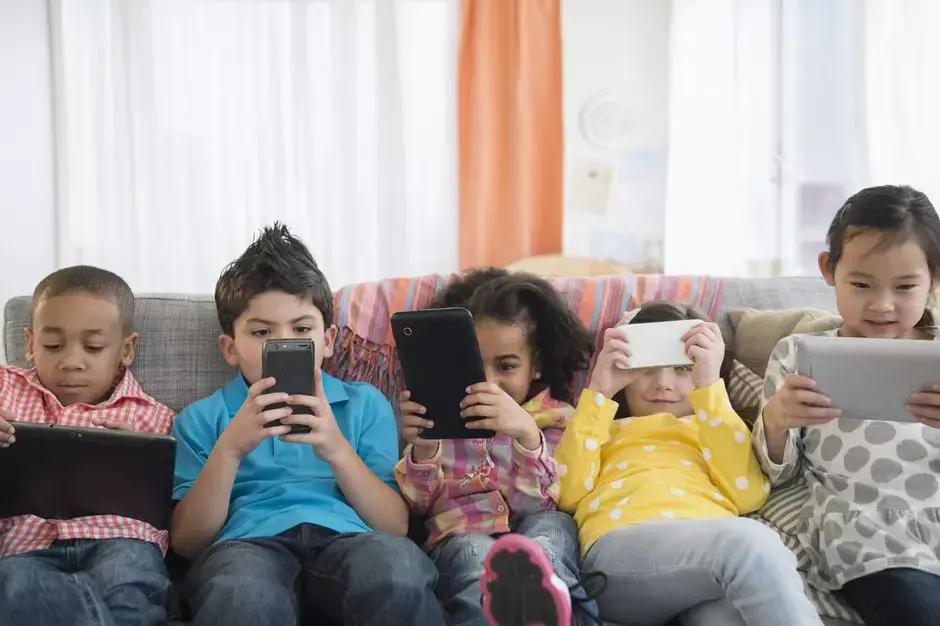- Home
- Medical news & Guidelines
- Anesthesiology
- Cardiology and CTVS
- Critical Care
- Dentistry
- Dermatology
- Diabetes and Endocrinology
- ENT
- Gastroenterology
- Medicine
- Nephrology
- Neurology
- Obstretics-Gynaecology
- Oncology
- Ophthalmology
- Orthopaedics
- Pediatrics-Neonatology
- Psychiatry
- Pulmonology
- Radiology
- Surgery
- Urology
- Laboratory Medicine
- Diet
- Nursing
- Paramedical
- Physiotherapy
- Health news
- Fact Check
- Bone Health Fact Check
- Brain Health Fact Check
- Cancer Related Fact Check
- Child Care Fact Check
- Dental and oral health fact check
- Diabetes and metabolic health fact check
- Diet and Nutrition Fact Check
- Eye and ENT Care Fact Check
- Fitness fact check
- Gut health fact check
- Heart health fact check
- Kidney health fact check
- Medical education fact check
- Men's health fact check
- Respiratory fact check
- Skin and hair care fact check
- Vaccine and Immunization fact check
- Women's health fact check
- AYUSH
- State News
- Andaman and Nicobar Islands
- Andhra Pradesh
- Arunachal Pradesh
- Assam
- Bihar
- Chandigarh
- Chattisgarh
- Dadra and Nagar Haveli
- Daman and Diu
- Delhi
- Goa
- Gujarat
- Haryana
- Himachal Pradesh
- Jammu & Kashmir
- Jharkhand
- Karnataka
- Kerala
- Ladakh
- Lakshadweep
- Madhya Pradesh
- Maharashtra
- Manipur
- Meghalaya
- Mizoram
- Nagaland
- Odisha
- Puducherry
- Punjab
- Rajasthan
- Sikkim
- Tamil Nadu
- Telangana
- Tripura
- Uttar Pradesh
- Uttrakhand
- West Bengal
- Medical Education
- Industry
High Screen Time Affects Psychosocial Well-being of Pre-schoolers, Warns Study

In recent years, digital technology has rapidly developed, electronic media (e-media) has become an almost universal part of young children's daily life. Even at preschool age, e-media use is already a popular sedentary behaviour. But, a recent study suggests that increased screen time has multiple risks for children's psychosocial well-being. These risk factors seem to be significant in the long term and are related to problems in children's socio-emotional development later on. The study findings were published in the BMJ Open on March 17, 2021.
The World Health Organisation has published guidelines for the total screen time of 1 hour per day among children aged 2–4 years. However, in previous studies, much higher amounts have been reported. Based on the research, it seems that a high level of programme viewing is a risk for the psychosocial well-being of preschool-age children. As the patterns of children's e-media usage are rapidly changing, updated data on the degree of e-media usage and its significance on well-being is needed. Moreover, although there is evidence showing the harmful effects of high-dose e-media use on the well-being of preschool-age children, only few of these studies have analysed the longitudinal associations of early exposure to e-media with children's later psychosocial problems. Therefore, researchers of Finland conducted a study to investigate the frequency of electronic media (e-media) usage by preschool children and the risks of high-dose e-media use on young children's psychosocial well-being.
This study was a part of a large Finnish CHILD-SLEEP longitudinal birth cohort study, in which researchers studied the longitudinal association between e-media use at 18 months and psychosocial symptoms at 5 years of age in 699 children. They also studied cross-sectional associations between e-media use and psychosocial symptoms at 5 years between 2011 and 2017 in Finland. The major outcome assessed was children's psychosocial symptoms at the age of 5 years which was determined using the parent-reported questionnaires Five-to-Fifteen (FTF) and the Strengths and Difficulties Questionnaire (SDQ).
Key findings of the study were:
- Upon evaluation, researchers observed that about 95% of the preschool children exceeded the daily recommended use of e-media set by health professionals.
- They reported that increased screen time at 5 years of age is associated with a risk of multiple psychosocial symptoms (OR 1.53–2.18), while increased levels of e-media use at 18 months were only associated with FTF peer problems (OR 1.59).
- They found that high-dose use of electronic games at the age of 5 years seems to be associated with fewer risks for psychosocial well-being than programme viewing, which was only associated with SDQ hyperactivity (OR 1.65).
The authors concluded, " Our results show that 5-year-old children spend considerably more time on e-media than is recommended by professionals. Our results further indicate that high levels of e-media use, especially programme viewing, is associated with problems with psychosocial outcomes, while the use of electronic games was only associated with hyperactivity in the crude models. "
They further added, "Children's social-emotional development is influenced by environmental factors, including e-media habits. Although children's e-media use patterns might not seem problematic when considering use on a daily level, they do have risks in the long term. Thus, health professionals play a key role in providing information for parents on the safe use of e-media devices in young children in order to protect their healthy development."
For further information:
Medical Dialogues Bureau consists of a team of passionate medical/scientific writers, led by doctors and healthcare researchers. Our team efforts to bring you updated and timely news about the important happenings of the medical and healthcare sector. Our editorial team can be reached at editorial@medicaldialogues.in.
Dr Kamal Kant Kohli-MBBS, DTCD- a chest specialist with more than 30 years of practice and a flair for writing clinical articles, Dr Kamal Kant Kohli joined Medical Dialogues as a Chief Editor of Medical News. Besides writing articles, as an editor, he proofreads and verifies all the medical content published on Medical Dialogues including those coming from journals, studies,medical conferences,guidelines etc. Email: drkohli@medicaldialogues.in. Contact no. 011-43720751


